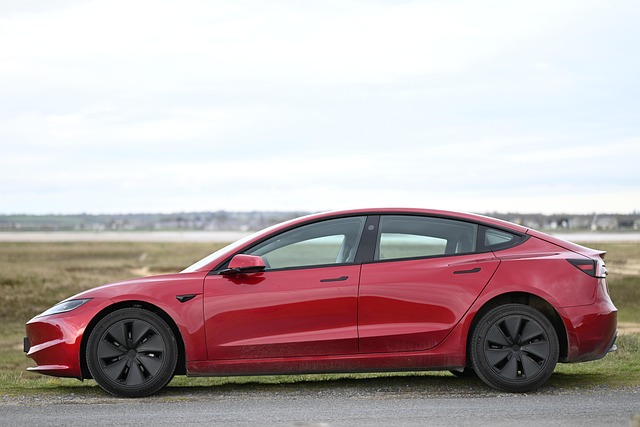Transformative Impact of Eco-Friendly Transportation Solutions
As the urgency of climate change becomes increasingly evident, the spotlight is on sustainable practices across various sectors. One area gaining traction is eco-friendly transportation solutions, which are playing a crucial role in transforming both urban and rural landscapes. But what does this mean for rural development?
The Role of Transport Sustainability
In rural areas, traditional transportation methods have often been linked to higher carbon emissions, contributing to environmental degradation. Enter eco-friendly transportation solutions: electric vehicles (EVs), solar-powered transport, and public transport options that prioritize sustainability. These innovations are no longer just futuristic concepts; they are becoming an integral part of our lives and communities.
Sustainable transport options reduce the dependency on fossil fuels and minimize pollution, leading to cleaner air and healthier communities. This shift not only enhances the quality of life for rural residents but also creates a more attractive environment for tourism and businesses. Imagine driving through picturesque countryside roads powered by renewable energy—it’s a vision that is quickly becoming a reality.
Empowering Rural Development
The implementation of eco-friendly transportation solutions goes beyond just reducing emissions; it actively supports rural development by making communities more connected. Improved access to transportation allows for easier movement of goods and services, ensuring that local farmers can reach markets effectively. Moreover, it opens doors for telecommuting, allowing residents to work from home while reducing the need for lengthy commutes.
Community charging stations for electric vehicles can stimulate local economies by encouraging visitors to explore rural attractions. Furthermore, investing in cycling paths and pedestrian-friendly infrastructure encourages healthier lifestyles, promoting wellbeing and community engagement.
Innovative Initiatives and Technologies
With innovative start-ups and local governments adopting eco-friendly practices, there’s a myriad of fascinating initiatives emerging globally. From electric buses in small towns to car-sharing programs utilizing EVs, these projects not only reduce pollution but also foster a sense of community and shared responsibility.
Technological advancements play a pivotal role in this transformation. Smart logistics, powered by renewable energy, streamline the movement of goods to minimize waste and emissions. It’s not just about replacing old vehicles; it’s about rethinking how we transport ourselves and our resources.
A Community-Centric Approach
Ultimately, the future of eco-friendly transportation solutions hinges on community involvement and awareness. By fostering a culture that values sustainability, rural areas can collectively embrace these innovations and drive meaningful change. Local workshops on green transportation, community rideshare programs, and partnerships with tech companies can all contribute to this vision.
The transition to eco-friendly transportation solutions in rural regions represents a pivotal shift in our relationship with the environment. As we champion these sustainable practices, we are not merely responding to a trend; we are thread by thread, fabricating a resilient and vibrant tapestry of rural development that prioritizes our planet and its people.




